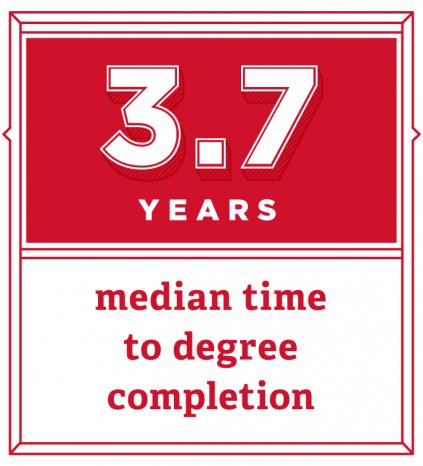University of Oxford Majors

- Oxford University is the oldest university in the English-speaking world. Teaching has been taking place in Oxford since at least 1096 and developed rapidly through the 12th century.
- The university has played a major role in the intellectual life of the country since its early days. Over nine centuries it has been a centre for debate and controversy in science, religion and the arts.
- During the 20th and early 21st centuries, Oxford added to its humanistic core a major new research capacity in the natural and applied sciences, including medicine.
Location and Transport
- About 100km (62 miles) north west of London, with excellent links to the capital and the rest of the country.
- Oxford is a lively medium-sized city with a total student population of over 40, 000 (including students at both Oxford and Oxford Brookes).
- Most university and college buildings are located in the centre and are easily reached on foot or by bike.
Entry Requirements
- Conditional offers for students studying A levels range between A*A*A and AAA (or 38–40 points in the International Baccalaureate including core points, or another equivalent) depending on the subject.
- Specific A level (or equivalent) subjects may be required to apply for some subjects, especially in the sciences.
- Most subjects require applicants to sit a written test and/or submit written work as part of their application. Please note that separate registration is required for the admissions tests.
Student Mix
The 26, 005 students enrolled in the academic year 2014/15 comprise:
Level of study
- Undergraduate 64%
- Postgraduate 36%
Mode of study
- Full Time 73%
- Part Time 27%
Course Flexibility
- Most subjects include compulsory courses for the first year, and then give students the opportunity to choose some options in subsequent years.
- Please see our course pages for details.
Teaching Standards
- Tutorials are at the heart of teaching at Oxford. A tutorial is a lesson with a tutor usually taking place once or twice every week. Tutors are experts in their field and often world-leaders. Students usually have to prepare work in advance, for example an essay or some mathematical problems, which they then discuss in the tutorial.
- Through tutorials, students develop powers of independent, critical thought; analytical and problem-solving abilities, and written and oral communication skills.
Research Standards
- Oxford has more world-leading academic publications (rated 4* in the 2014 national Research Excellence Framework) than any other UK university.
- It ranked first in terms of the volume of material assessed as world-leading, and in terms of the number of top-ranked Units of Assessment (REF 2014).
- 92% of the examples it submitted of the impact its research has on the wider world were rated as outstanding or very considerable (REF 2014).
- Oxford consistently has the highest research income from external sponsors of any UK university.
Academic Strengths
- Oxford has a world-class reputation for academic excellence and courses have an academic rather than vocational focus.
- Many Oxford academics are international experts in their chosen fields in all disciplines of the sciences and arts.






